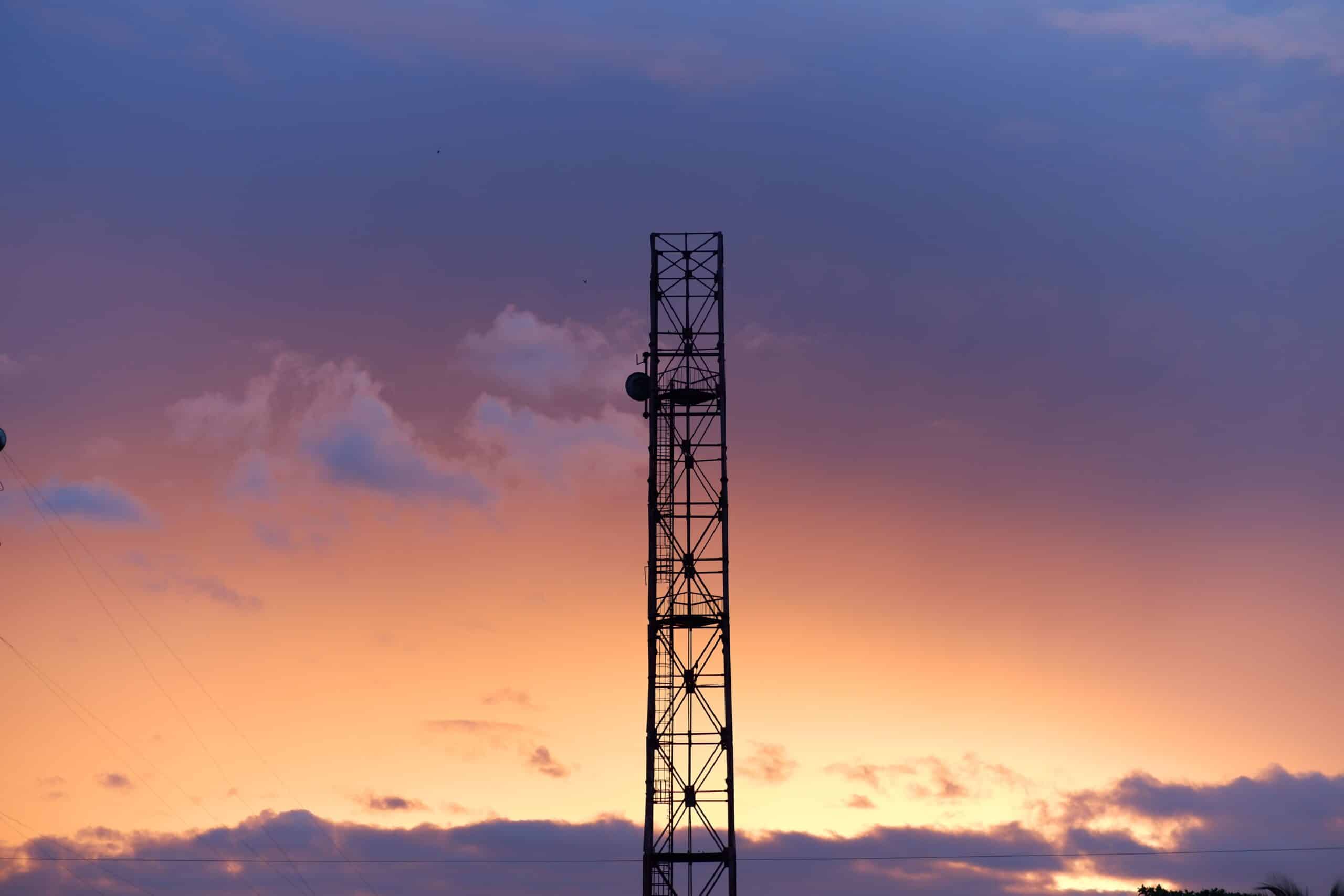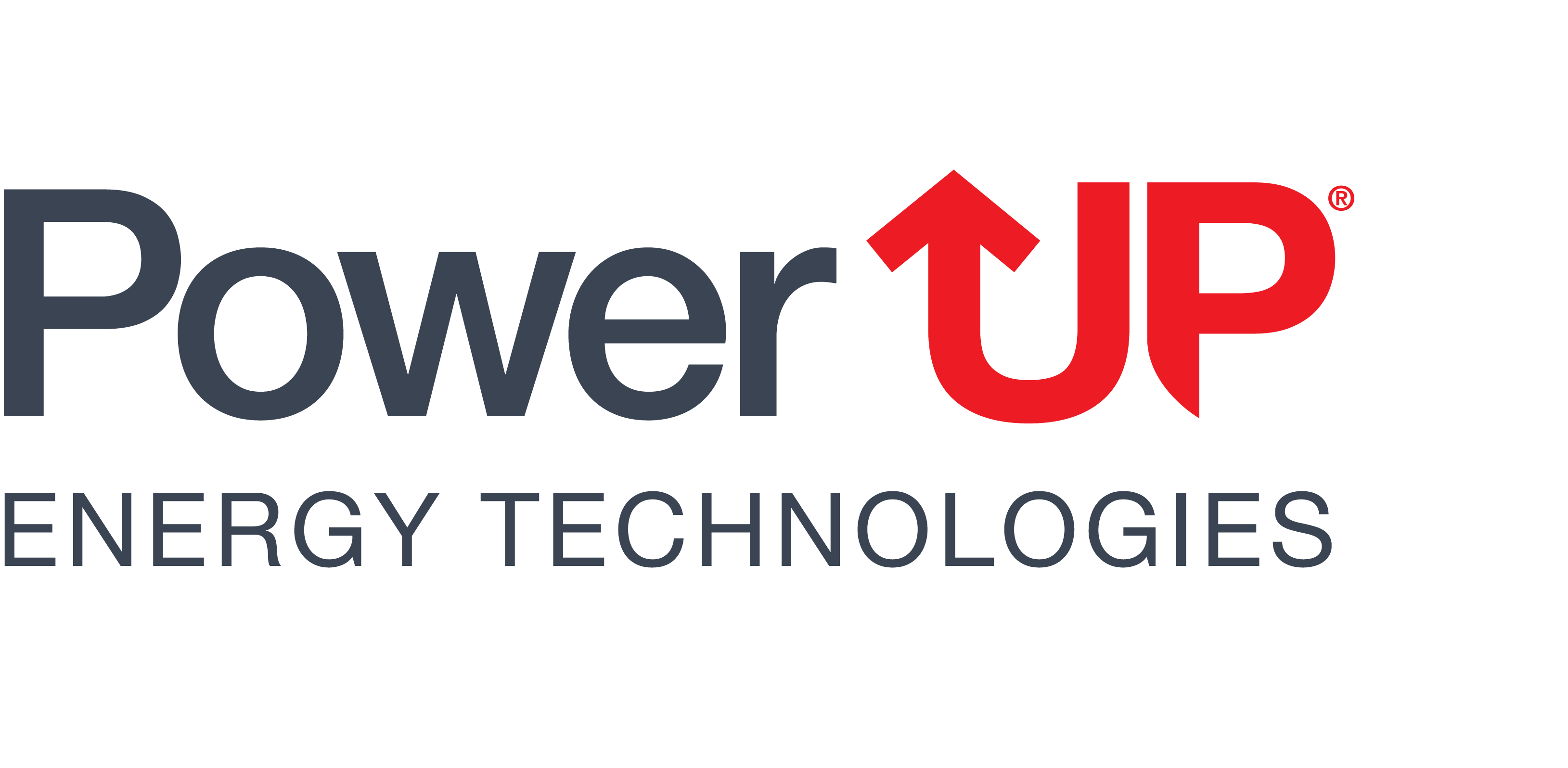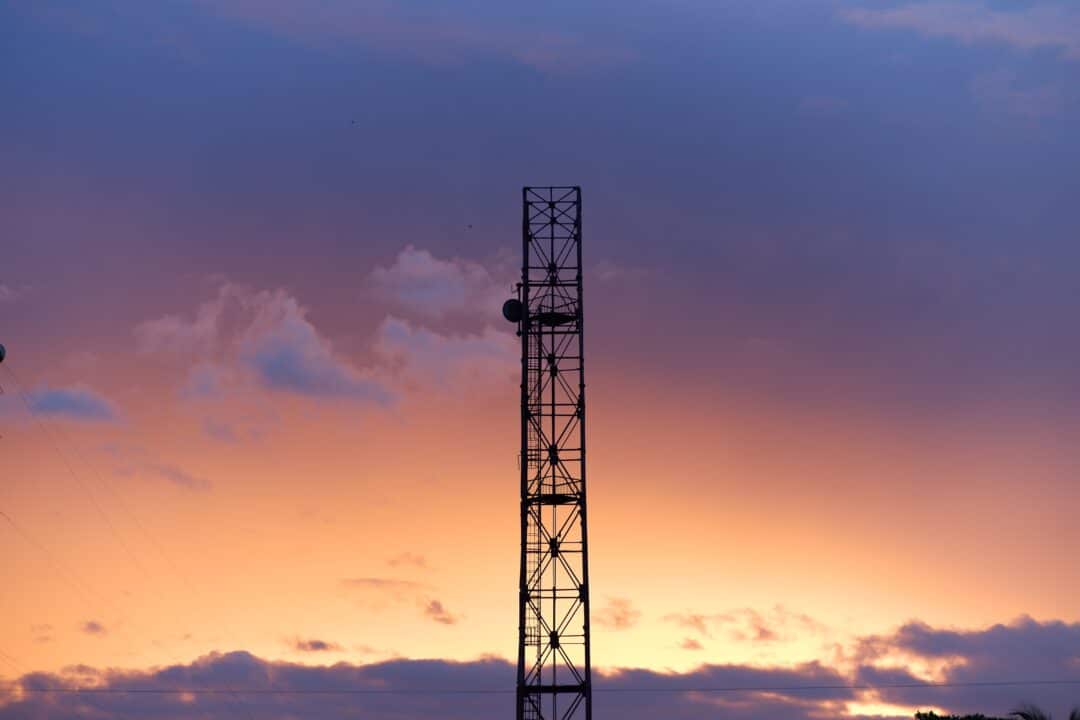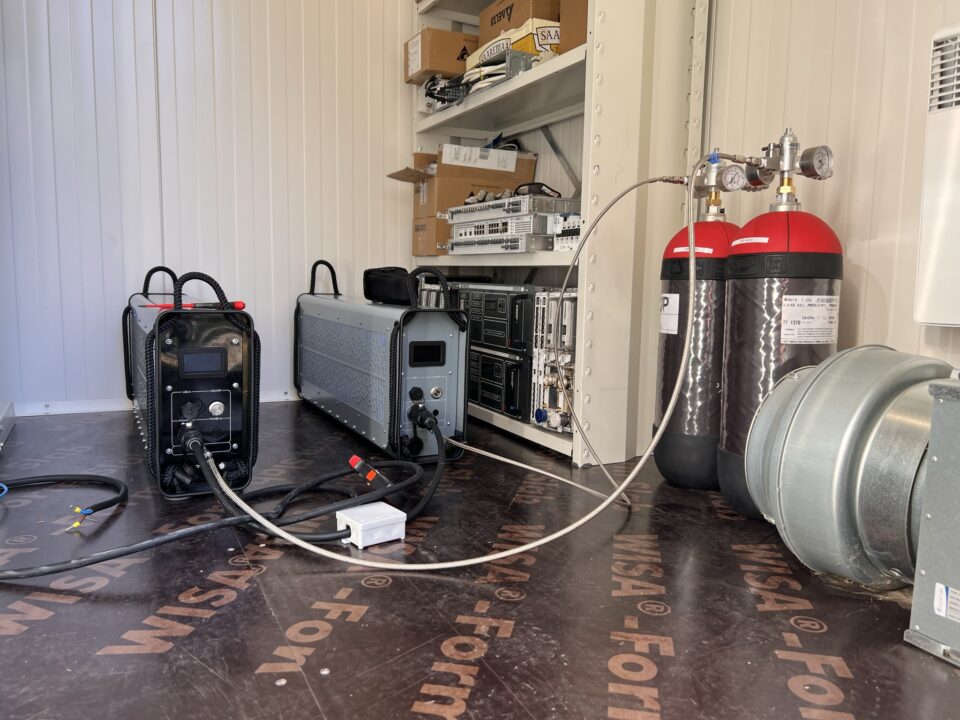
PowerUP Energy Technologies Partners with Tele2 Estonia
October 4, 2023Hydrogen Fuel Cell Generators for Telecoms: An In-Depth Guide

The telecommunications industry critically depends on uninterrupted power to ensure continuous operations and connectivity. Traditional backup power sources like diesel generators have long been used but have significant drawbacks, including environmental concerns and operational inefficiencies. A noteworthy innovation is hydrogen fuel cell generators, which offer a sustainable and efficient alternative.
This article aims to provide industry professionals with a comprehensive understanding of hydrogen fuel cell generators. It explores their definition, history, advantages, challenges, and real-world applications within the telecom sector. With a focus on sustainability and reliability, hydrogen fuel cell generators present significant potential for transforming telecom backup power solutions.
Definition: What Are Hydrogen Fuel Cell Generators?
Hydrogen fuel cell generators convert chemical energy from hydrogen into electricity through an electrochemical reaction. Unlike conventional generators, they do not burn fuel but instead use a fuel cell that combines hydrogen and oxygen to produce electricity, water, and heat.
The main components of a hydrogen fuel cell generator include an anode, a cathode, and an electrolyte membrane. Hydrogen molecules enter the anode, where they split into protons and electrons. The electrons flow through an external circuit, generating electricity, while the protons move through the electrolyte membrane to the cathode, where they combine with oxygen to form water.
In the telecom sector, backup power is crucial for maintaining critical infrastructure during outages. Hydrogen fuel cell generators offer a clean and efficient solution, reducing reliance on fossil fuels and minimizing environmental impact.
History: Evolution of Hydrogen Fuel Cell Generators
The concept of hydrogen fuel cells dates back to the 19th century when Sir William Grove first demonstrated the technology in 1839. However, it wasn’t until the 1960s that significant advancements occurred, particularly during NASA’s space missions where hydrogen fuel cells provided onboard electricity and water.
Continuous research and development have led to considerable improvements in fuel cell technology in recent decades. By the early 2000s, industries began exploring commercial applications, including transportation and stationary power generation.
Today, hydrogen fuel cell generators are being adopted across diverse sectors, including telecommunications, where their ability to provide reliable and eco-friendly power solutions makes them an attractive option for backup power systems.
Advantages: Why Choose Hydrogen Fuel Cell Generators?
One of the primary advantages of hydrogen fuel cell generators is their environmental benefit. They generate electricity with zero greenhouse gas emissions, producing only water and heat as by-products. This significantly reduces the telecom industry’s carbon footprint.
Another advantage is their reliability in extreme weather conditions. Unlike diesel generators, which can struggle in harsh environments, hydrogen fuel cells operate efficiently across a wide range of temperatures, ensuring uninterrupted power supply to critical telecom infrastructure.
Moreover, hydrogen fuel cell generators offer lower operational and maintenance costs than traditional generators. Additionally, fewer moving parts mean less wear and tear, which reduces maintenance requirements and longer operational lifespans.
Challenges: Hurdles to Widespread Adoption
Despite their numerous benefits, several challenges hinder the widespread adoption of hydrogen fuel cell generators in telecoms. High initial installation costs remain a significant barrier. The technology and associated infrastructure can be expensive, making it a substantial investment for telecom companies.
Hydrogen storage and distribution present additional challenges. Storing hydrogen safely and efficiently requires unique infrastructure, which is not yet widely available. Developing a robust hydrogen supply chain is essential for supporting large-scale adoption.
Safety concerns also play a role. While hydrogen fuel cell technology is generally safe, its flammable nature necessitates stringent safety measures and protocols to prevent accidents and ensure reliable operation.
Real-World Applications: Success Stories and Case Studies
Several telecom companies worldwide have successfully implemented hydrogen fuel cell generators as their backup power solution. For instance, Tele2 and Telia have integrated hydrogen fuel cells to their first sites in Estonia, enhancing resilience and sustainability.
Another example is the adoption of hydrogen fuel cells in remote and off-grid locations where traditional power sources are impractical. In these areas, fuel cells provide a dependable energy source, ensuring continuous communication services.
Telecom industry body GSMA has over the years done a number of studies on the energy choices of mobile towers. For example, in 2021 just 67,800 towers our of 5.2 million where using renewable energy
Performance feedback from these implementations has been positive, with telecom operators reporting improved efficiency, reduced operational costs, and decreased environmental impact, demonstrating the potential of hydrogen fuel cells in the industry.
Pros and Cons: Balanced Overview
| Pros | Cons |
|---|---|
| Environmentally Friendly | High Initial Costs |
| Reliable in Extreme Conditions | Hydrogen Storage and Distribution Challenges |
| Low Maintenance Requirements | Safety Concerns |
Conclusion: Future Potential of Hydrogen Fuel Cell Generators in Telecoms
Hydrogen fuel cell generators offer a promising solution for telecoms backup power needs due to environmental friendliness, reliability, and efficiency.
However, challenges such as high initial costs, hydrogen storage, and safety need to be addressed to enable widespread adoption.
As infrastructure and technology continue to improve, hydrogen fuel cell generators are likely to become an essential part of the telecom industry’s power strategy, paving the way for a cleaner and more reliable future.
In summary, hydrogen fuel cell generators provide a strategic opportunity for telecom companies to enhance their power resilience, reduce environmental impact, and achieve long-term sustainability goals.



